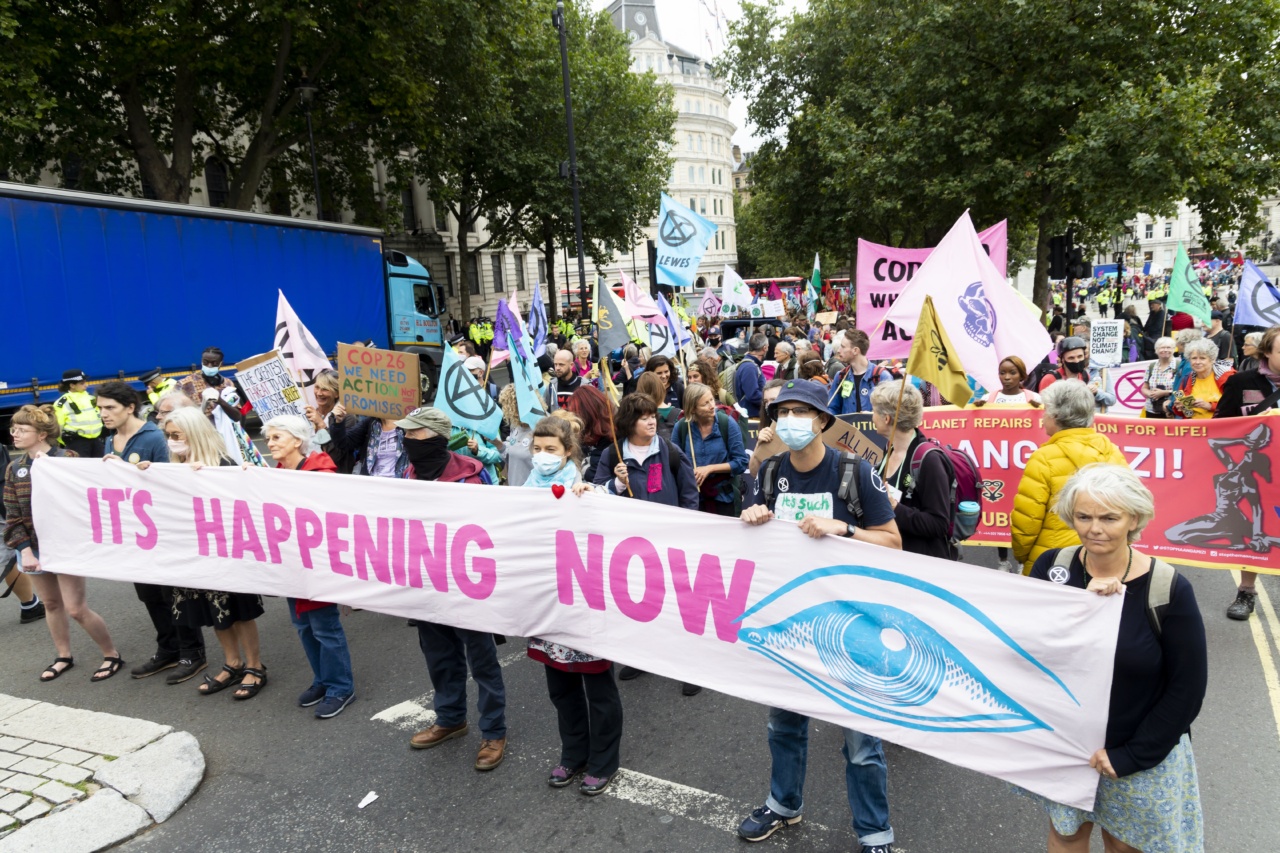The outbreak and spread of epidemics have been a recurring threat throughout human history.
From the devastating plagues of the past to the more recent and ongoing epidemics like HIV/AIDS, Ebola, and COVID-19, infectious diseases have continuously posed a significant risk to humanity. When an epidemic strikes, it brings about immense suffering, loss of life, disruption to economies, and social upheaval, making it an impending catastrophe for humanity.
A Global Health Emergency
When an epidemic emerges, it has the potential to become a global health emergency, affecting populations on multiple continents.
The rapid spread of infectious diseases in today’s interconnected world has been facilitated by increased international travel and trade. With people moving across borders at an unprecedented rate, diseases can quickly hop from one country to another, endangering millions of lives. This interconnectedness thus amplifies the threat when an epidemic strikes.
Healthcare Systems Under Strain
When an epidemic strikes, healthcare systems are often pushed to their limits. The sudden surge in patients overwhelms hospitals and clinics, leading to shortages of beds, medical supplies, and healthcare professionals.
This strain on healthcare systems not only affects those directly impacted by the epidemic but also individuals with other medical conditions who may struggle to access care. The consequences can be dire, with an increased mortality rate due to the lack of adequate resources and personnel.
Economic Fallout
Epidemics have profound economic consequences. As governments and health organizations focus on containment measures, economic activities grind to a halt. Businesses shutter, supply chains are disrupted, and unemployment rates soar.
The loss of income and livelihoods for individuals and families can lead to dire socio-economic consequences, exacerbating poverty and inequality. The economic fallout from epidemics can take years, or even decades, to recover from, further intensifying the catastrophe for humanity.
Social Disruption and Mental Health
When faced with an epidemic, societies go through significant social disruptions. Quarantine measures, travel restrictions, and social distancing guidelines can impact the way people interact, affecting human connections and social norms.
The fear and anxiety surrounding the epidemic also take a toll on mental health. The uncertainty about the future and the grief and trauma caused by the loss of loved ones can lead to a rise in mental health issues, further compounding the catastrophe for humanity.
Vulnerability of Marginalized Communities
When an epidemic strikes, marginalized communities are often disproportionately affected.
Factors such as inadequate access to healthcare, higher prevalence of underlying health conditions, and living in crowded and unsanitary conditions contribute to their vulnerability. Marginalized communities also face additional barriers in accessing accurate information and necessary resources, further exacerbating the impact of the epidemic on their lives.
This humanitarian crisis highlights the urgent need to address healthcare inequalities and ensure the protection of vulnerable populations.
Disruption to Education
Epidemics disrupt education systems worldwide. Schools and universities often close to prevent the spread of the disease, resulting in interrupted learning for millions of students.
This interruption can have long-term consequences, particularly for students from disadvantaged backgrounds who may lack access to online learning resources. The educational setback caused by epidemics can further perpetuate inequalities and hinder the development of future generations, deepening the catastrophe for humanity.
Global Cooperation and Preparedness
Addressing the impending catastrophe of epidemics requires global cooperation and preparedness.
International organizations, governments, and communities must come together to strengthen healthcare systems, invest in research and development, and improve early warning systems. Collaborative efforts in vaccine development and distribution, the sharing of medical knowledge and resources, and coordinated response plans are essential to mitigate the impact of epidemics and safeguard the future of humanity.
Public Health Measures
Public health measures play a crucial role in mitigating the impact of epidemics. Promoting proper hand hygiene, practicing cough etiquette, and wearing masks can help prevent the spread of infectious diseases.
Timely and accurate dissemination of information by health authorities is vital to prevent panic and ensure that individuals are aware of recommended precautions and guidelines. Vaccination campaigns and surveillance systems also play an essential role in controlling epidemics and reducing their impact on humanity.
Lessons from the Past
History provides valuable lessons on how to mitigate the impact of epidemics.
The devastating impacts of plagues, such as the Black Death in the 14th century and the Spanish Flu in the early 20th century, underscore the importance of robust healthcare systems, public health measures, and international cooperation. Learning from these historical experiences can help humanity better prepare for and respond to future epidemics, reducing their catastrophic consequences.
Conclusion
Epidemics have always been a looming threat to humanity. When an epidemic strikes, it brings about dire consequences for individuals, societies, and economies.
The strain on healthcare systems, economic fallout, social disruption, and the vulnerability of marginalized communities contribute to the impending catastrophe. However, through global cooperation, preparedness, and the implementation of effective public health measures, humanity can mitigate the impact of epidemics and safeguard our collective future.































